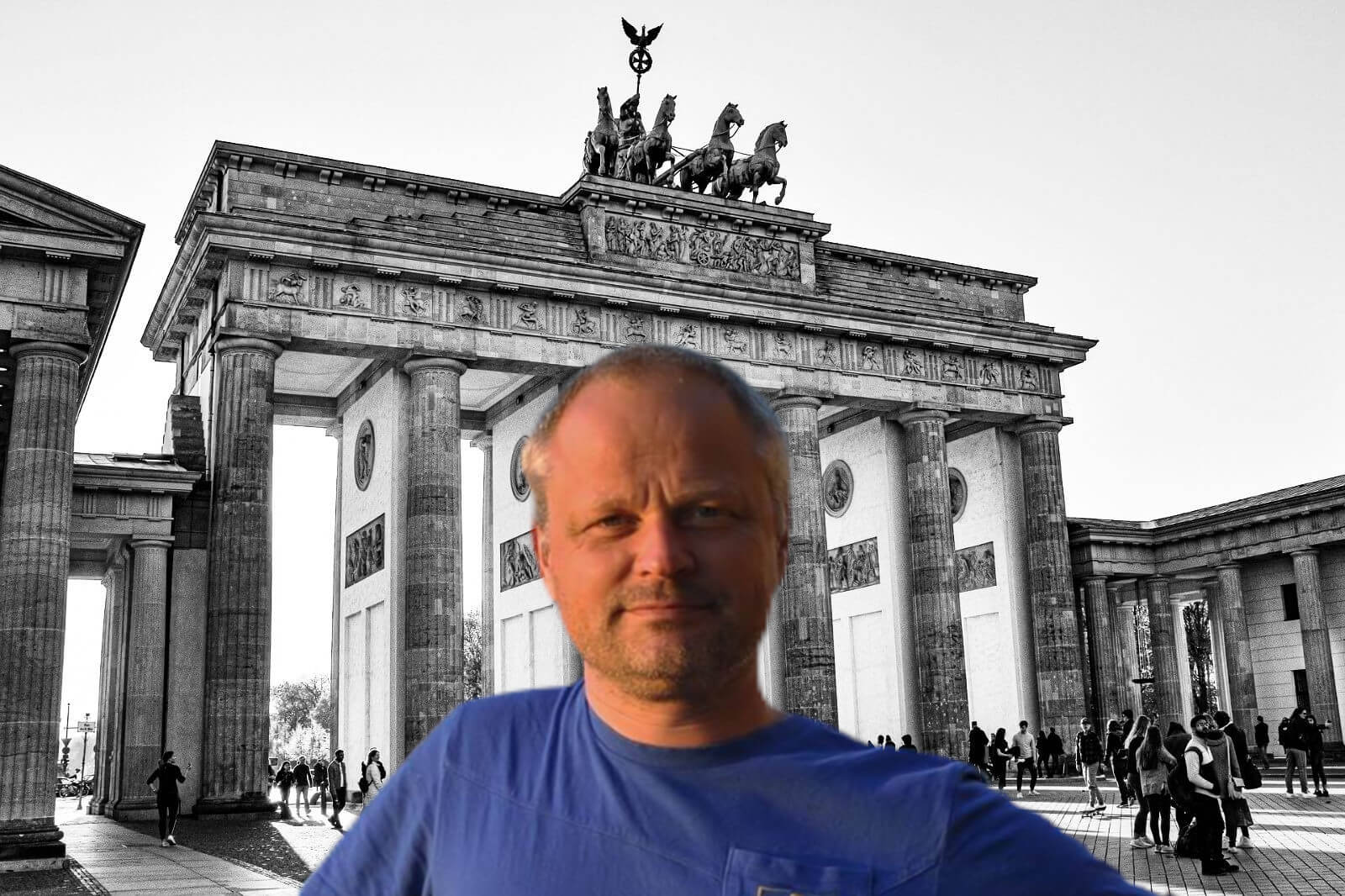
A self-driving tractor which has caterpillar tracks that leaves behind ruts in the soil that aren’t as deep. This is just one of the projects that will be supported within the Farm of the Future research at the Wageningen University & Research (WUR) in The Netherlands. The aim of the research is to foster circular or sustainable agriculture. One of the ways they will do this is by issuing vouchers to companies that have developed a new technology that still needs further testing.
The university claims that applications for the project are pouring in. The starting shot was fired in January. Since then, over fifty companies from the Netherlands and abroad have applied to have their innovations tested. The autonomous caterpillar tractor from the Dutch company Agxeed is one of the first four lucky recipients of the vouchers.
All four cases involve self-driving field robots that can be used for weed control, storing potatoes and other tasks, according to the university. “We want to show, as part of the research, that our Agbot fits in perfectly with the agricultural farming of the future. And that that leads to improved crop results,” says Rienk Landstra of AgXeed.
1.5 million euro
It is still unknown who the other participants in the Farm of the Future project will be. “The applications submitted so far are extremely diverse,” Marleen Riemers of WUR adds. “In terms of innovation and in the topics they focus on, and the sectors and countries they come from.”
In her estimation, we should expect to see more participants’ names shortly. Although there is also still room for new applications. “It would be great if we could already get through our allocated budget of one and a half million euros in the first half of the year,” Riemers notes.
The voucher scheme is an initiative of Kansen voor West (Chances for West). This is a partnership involving the Randstad provinces of North and South Holland, Flevoland and Utrecht. Jointly, they are allotting 1.47 million euros in funding from the European Regional Development Fund (EFRO) this year.
The voucher scheme features three types of vouchers:
- The feasibility voucher is used for the engagement of experts and the use of facilities provided by the Farm of the Future to test the technical and economic feasibility of an innovative idea.
- The R&D voucher is used for external costs incurred by the applicant to develop and test a prototype in a laboratory and in a real-world environment.
- The pilot voucher is used for the engagement of experts and the use of facilities of Farm of the Future to test and validate an innovation in real-life situations.
Here is a brief introduction to the Farm of the Future which includes its test site in Flevoland:
At Innovation Origins, we regularly write about new agricultural technologies, take a look at our archive here.








